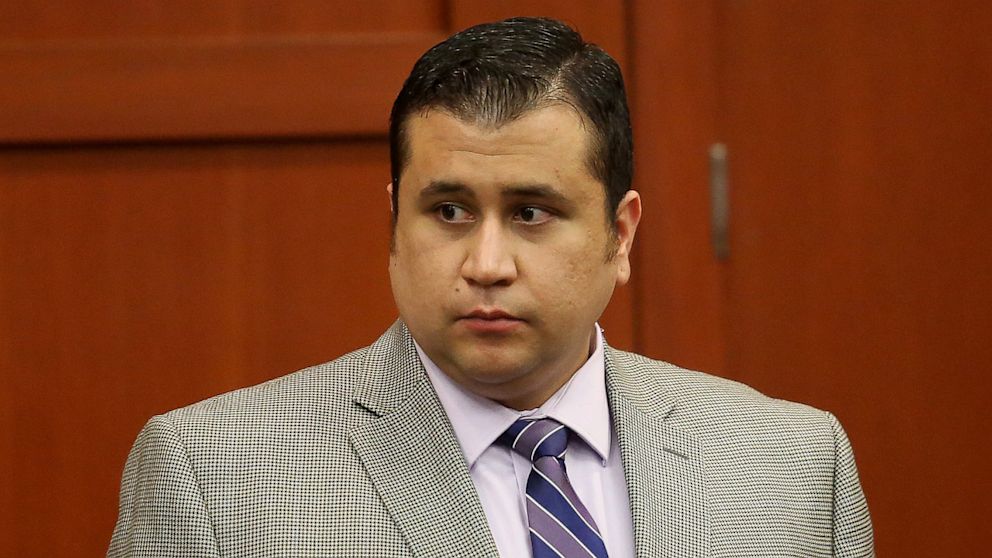Organizations like to be prepared for hurricanes and other natural disasters, but how much stock is put into preparation for other unpredictable disasters? How would your organization react if Jodi Arias or George Zimmerman were your employees when they gained national attention in murder trials? What about the struggles that might result from high media attention if a toe was found in your retail store’s dressing room? Many companies fear public reaction and don’t even consider internal repercussions. While strong Public Relations plans need to be in place for these situations, carefully calculated human capital response for the well-being of employees should be in place as well.
Why worry about human capital during a public relations situation?
- A trickle-down effect happens when organizations experience public backlash or are faced with unpredictable difficult situations. The company as a whole comes under fire. Organization leaders are faced with “disaster cleanup” and employees are often left with doubled responsibilities and stress. When overwhelmed with an increased workload, productivity and morale are the next outcome to decline. As suggested by Workplace Stress is a Curveball lobbed at Employee Emotional Intelligence, published by Forbes, employees who have higher emotional intelligence deal better with these difficult situations. Companies would do well not to let emotional intelligence training and employee counseling options fly under the radar in responding to unpredictable disasters.
- If a company garners no respect from employees, the organization is headed down a dark path. When it comes to your employees, communication is king. Furthermore, the company’s intent to right wrongs must be expressed through action plans available to employees. If an employee goes home everyday to a family dinner that revolves around the discussion of how the employee feels at odds with the terrible ethics of their company, the employee won’t be motivated at work. The final result would most likely be decreased engagement, employee dissatisfaction, turnover and disgruntled employees. First and foremost, leaders must make responsible decisions for the good of all. In essence, developing strong leadership is the biggest key to organization success during unpredictable and difficult times.
- It’s no secret that poor internal communication is damaging for companies. Perceptions are highly influential, and can shape outcomes positively and negatively when opposing sides enter discussions. This truth is magnified when organizations are under scrutiny, because during times of stress, individuals resort to their most primitive defenses, causing chaos and conflict. If company standards, morals and policies are not well outlined to resolve conflict, the results can be devastating. Overall goals such as corporate identity, are constructs that take years to develop, but can be diminished in seconds.
Hopefully these unpredictable situations don’t come knocking on your door. However, if a “Zimmerman hurricane” does arrive on your door step, it is much better to be prepared now, rather than drowning when the storm hits.






